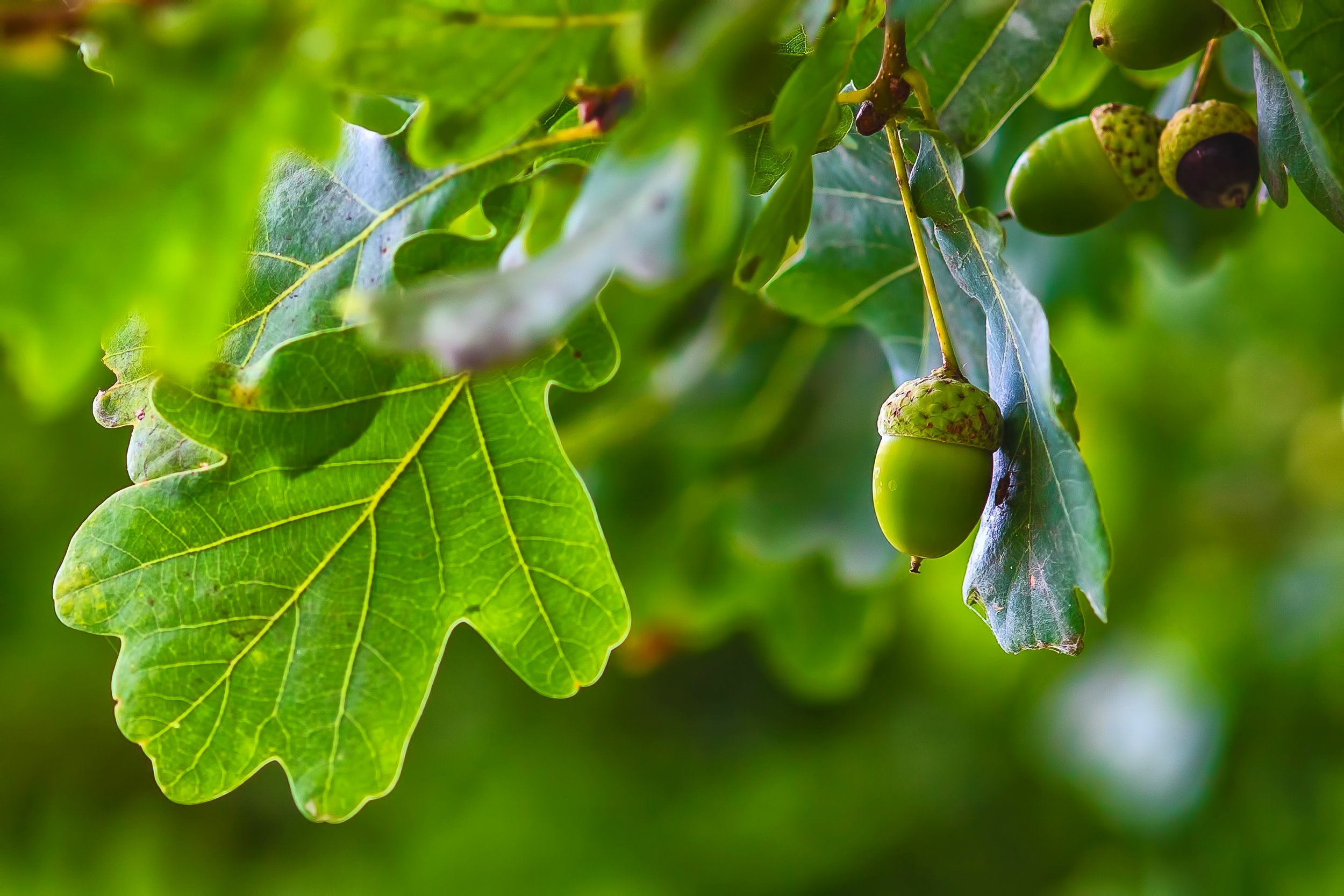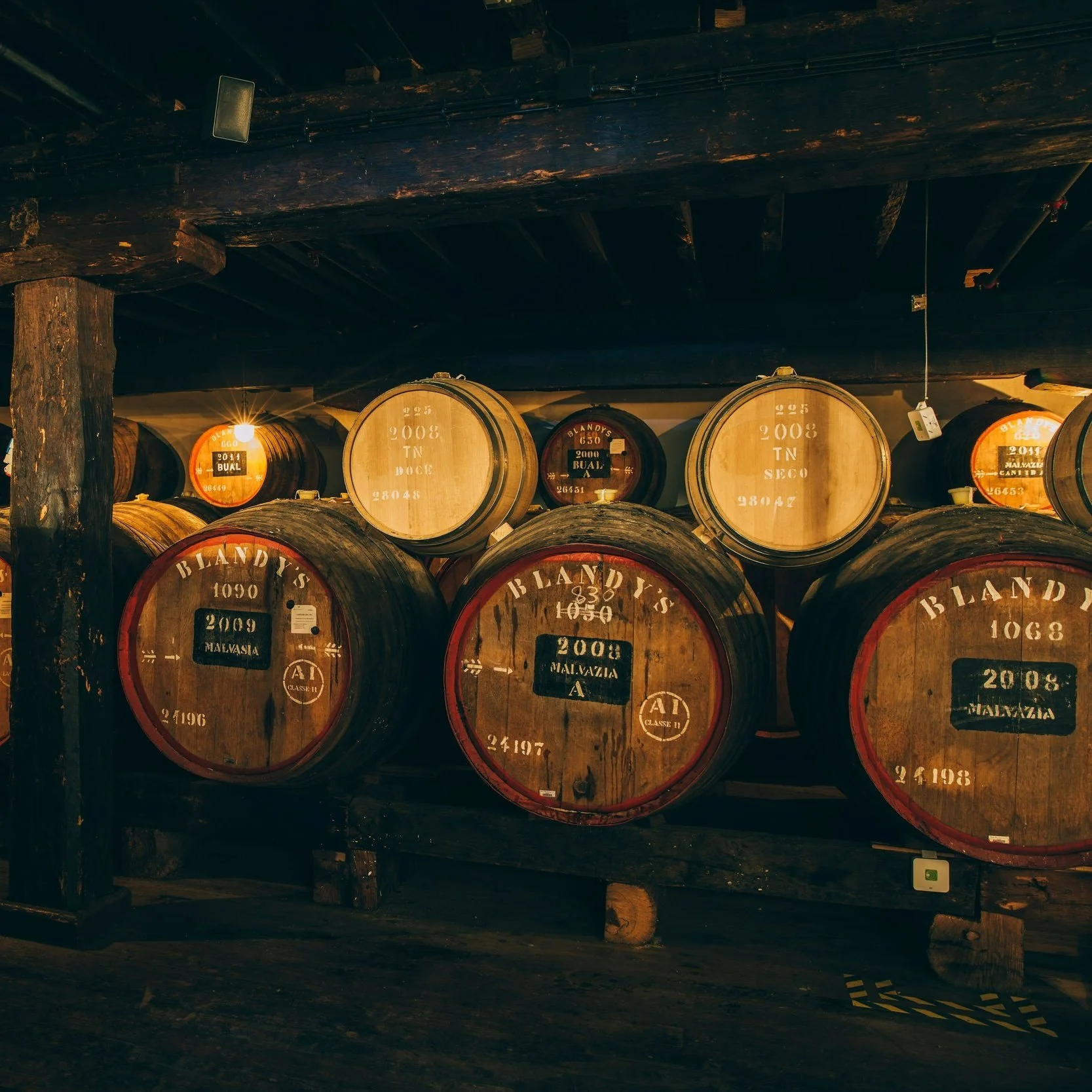
100% of the American and French oak we source comes from reclaimed barrels.
Not only is this practice sustainable, it produces vastly superior aromatics in our products.
The aromatic compounds imparted over time into former wine and spirits barrels produce evaporated extracts of greater complexity than extracts produced with new wood sources.
Our practice of sustainable sourcing from reclaimed barrels produces consistent, premium evaporated extracts for our customers.
Our evaporative extraction process produces the most authentic, complex, and complete aromatic profiles when reclaimed barrel sources are used. Our mission to produce the best possible products for our customers and to practice sustainable manufacturing are therefore one in the same.
There is a global shortage of the primary species of oak that are used to make barrels. Oak prices are rising and supply chains are under extreme pressure.
Multiple studies indicate that there is a global shortage of Quercus alba, Quercus robur, and Quercus Petraea, the species of American and French oak used to make barrels. Oak trees suitable for barrels can only be grown in certain climates and regions. To further complicate supply, these trees must be at least 100 years old to produce the high lignin content heartwood required to make oak barrels for aging of beer, wine, or spirits.
Over one million American oak trees are cut each year just to supply the Bourbon barrel industry alone. The global supply chain for both American and French oak is under severe pressure and this supply chain pressure will continue for at least an entire generation due to the slow growth rate of oak.


